This guide will help you navigate Montana’s alcohol regulations as you enjoy your adult drinks. Whether you’re a Montana resident or a visitor planning your next trip, it’s important to understand the alcohol laws in the state.
Within these pages, you’ll discover information about the permissible drinking age, the dos and don’ts of alcohol consumption, and the potential repercussions for violating these regulations.
Think of this as your go-to resource for everything related to alcoholic beverages.
- Related article: Montana State Laws
We all want to have a good time, but we also want to stay out of trouble. That lingering fear of making a mistake can put a damper on any celebration.
So whether you’re a curious local, a thirsty traveler, or someone who simply wants to make informed decisions, this guide is for you.
Cheers to learning about Montana’s alcohol laws!
Montana Alcohol Laws Overview
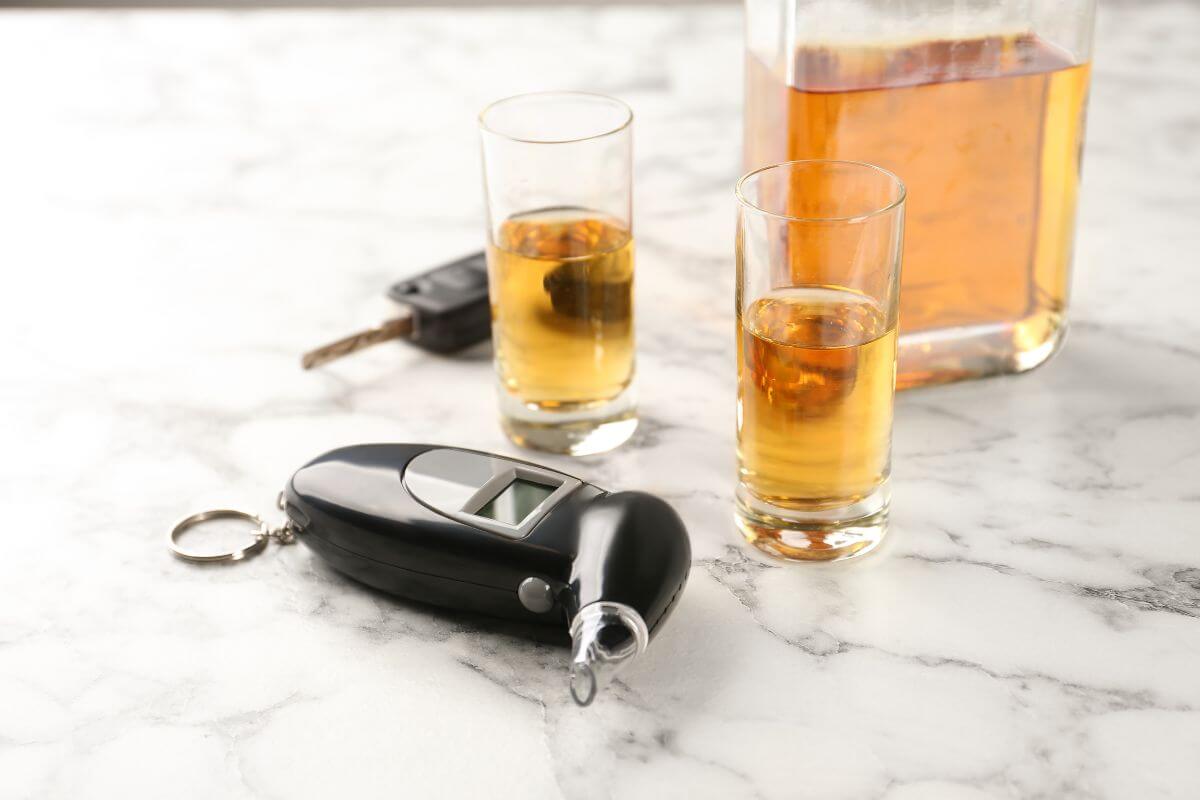
Montana liquor laws are strict and it’s important to understand them before visiting or residing in the state.
The legal age for the sale or provision of alcoholic beverages in Montana is 21 years, with a few exceptions.
For example, parents or guardians can provide nonintoxicating quantities to a person under 21, and physicians or dentists can prescribe alcohol for medicinal purposes.
Ordained ministers or priests can also provide alcohol for religious observance.
However, it is strictly prohibited to knowingly sell or provide an intoxicating quantity of alcohol to someone under 21.
In Montana, an intoxicating quantity is defined as an amount that results in a blood, breath, or urine alcohol concentration exceeding 0.05 or causing substantial mental or physical impairment.
There are serious consequences for violating these laws.
Committing certain actions related to providing alcohol to individuals under 21 is considered a misdemeanor offense.
This includes inviting, treating, giving, buying, or allowing a person under 21 to consume alcohol in a public setting where alcohol is sold.
For the purpose of consuming alcohol, it is likewise prohibited to falsely claim one’s age, gain identification through fraud, or modify identification documents.
If someone over 21 violates the law by providing an intoxicating quantity of alcohol to someone under 21, they can be held civilly liable for any damages resulting from the intoxicated person’s actions caused by the violation.
It’s worth noting that individuals under 18 are prohibited from employment as bartenders, waiters, or waitresses in establishments that sell alcoholic beverages.
Understanding and following Montana liquor laws is essential to ensure a safe and responsible experience with alcohol.
By familiarizing oneself with the minimum age requirements, penalties, and blood alcohol concentration limits, individuals can make informed decisions and avoid any legal trouble.
Montana Alcohol Laws You Must Know
If you’re planning a trip there or you’re a resident who wants to stay on the right side of the law, here are a few important things you should know.
1. Montana’s Legal Drinking Age
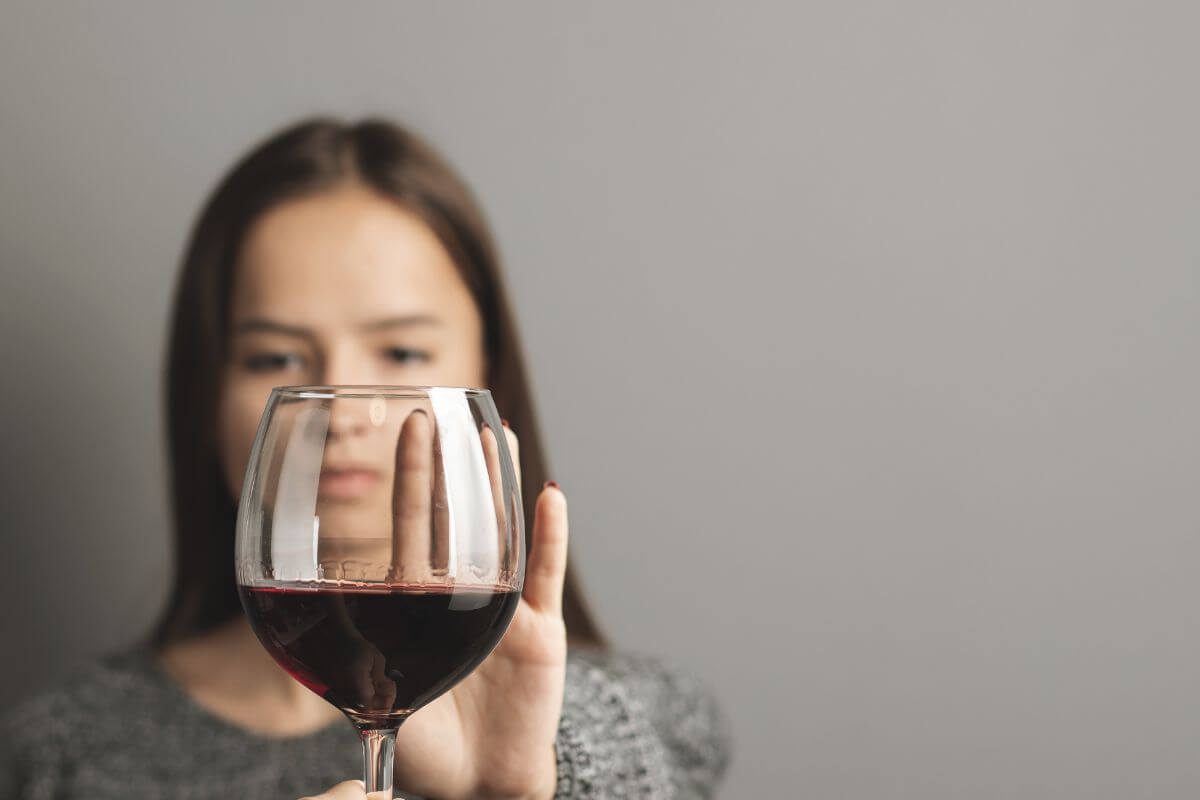
In Montana, just like in all U.S. states, the legal drinking age is 21. It’s a widely known fact, but it’s always good to have a reminder.
Now, let me tell you about a few exceptions to this rule that might surprise you.
For instance, it is acceptable for parents or legal guardians to give their kids small amounts of non-alcoholic drinks. And by tiny, I mean just a few sips here and there in a regulated setting.
But hold on, it doesn’t stop there.
Medical professionals can also prescribe alcohol for medicinal purposes, and licensed pharmacists can dispense it upon prescription.
Additionally, ordained ministers and priests can provide alcohol for religious observance. Pretty interesting, right?
However, if you’re under 18 and you’re caught violating the underage drinking laws in Montana, you better be ready for some consequences.
- 1st Offense – The first offense will set you back with a fine of $100-$300, along with 20 hours of community service and participation in a substance abuse course. Your driver’s license might also be confiscated for 30 days.
- 2nd Offense – The second offense will cost you $200-$600, 40 hours of community service, participation in a substance abuse course, and a driver’s license confiscation for 6 months.
- 3rd or Subsequent Offense – You’ll have to pay a fine of $300-$900, complete 60 hours of community service and a substance abuse course, undergo a chemical dependency assessment, attend treatment if recommended, and have your driver’s license confiscated for 6 months.
It’s important to follow these laws to avoid heavier penalties and expensive fines.
So, stay informed, make responsible decisions, and let’s all keep Montana’s alcohol laws in mind.
2. Montana Drunk Driving Regulations
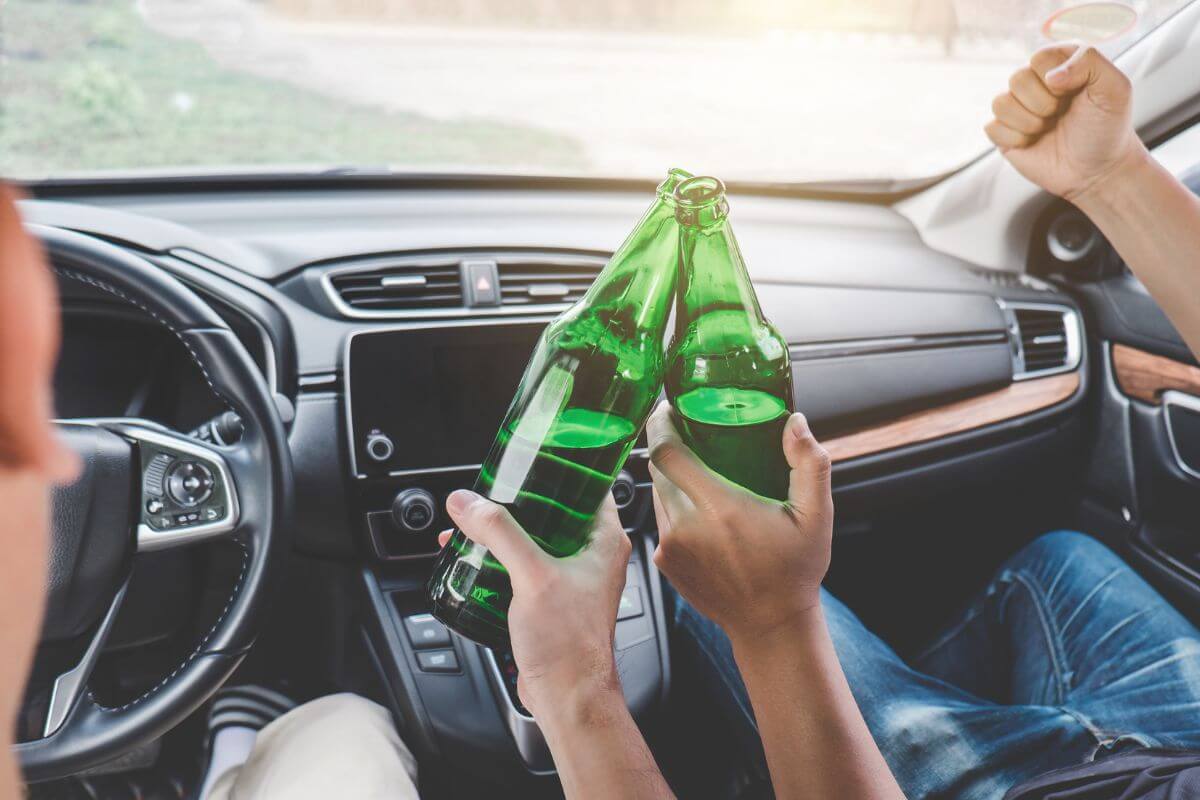
In Montana, it’s absolutely unlawful to get behind the wheel while under the influence of alcohol, drugs, or both. And believe me, they take it seriously.
If you’re caught driving with a blood alcohol concentration (BAC) of 0.08% or higher, you’re in for some rough consequences.
The penalties may cost as little as $600 or as much as $10,000. The worst part is that repeat violators face increasingly harsher punishments.
Increased fines, longer license suspension periods, and, in some cases, prison time may result from second and subsequent violations.
Now, let’s talk about those BAC limits.
The regulations are rigid if you’re under 21. Any level of alcohol in the system is prohibited for drivers under the age of 21.
And the penalties are no joke. You could face fines, license suspension, and even enrollment in an alcohol treatment program.
But it’s not just about age. The type of license you hold matters too. If you’re driving a commercial vehicle, your BAC limit drops even lower to 0.04%.
So, don’t take any chances. Stay safe, make responsible decisions, and keep Montana’s alcohol regulations in mind.
3. Buying Alcohol in Montana

It is crucial to remember that selling or providing alcohol to anybody under the age of 21 is completely prohibited.
There are a few exceptions to this law, such as when a parent or guardian gives their own child non-intoxicating amounts or when a qualified pharmacist fills a prescription for alcohol.
And let’s not forget about those righteous folks, the ordained ministers or priests, who can provide alcohol for religious observance.
But hold your horses. If you’re under 21, there’s still a rule in place for you.
Anyone under the age of 21 who purchases or consumes an alcoholic beverage with a 0.5% or higher alcohol content is in violation of the law. So young folks out there, avoid the stronger substances.
Let’s now discuss punishments. If you break these alcohol rules, you could be subject to stiff penalties, including as fines, community service requirements, and even possible jail time.
So, stay on the right side of the law, be aware of the restrictions, and enjoy your drinks responsibly. Cheers!
4. Selling Alcohol in Montana
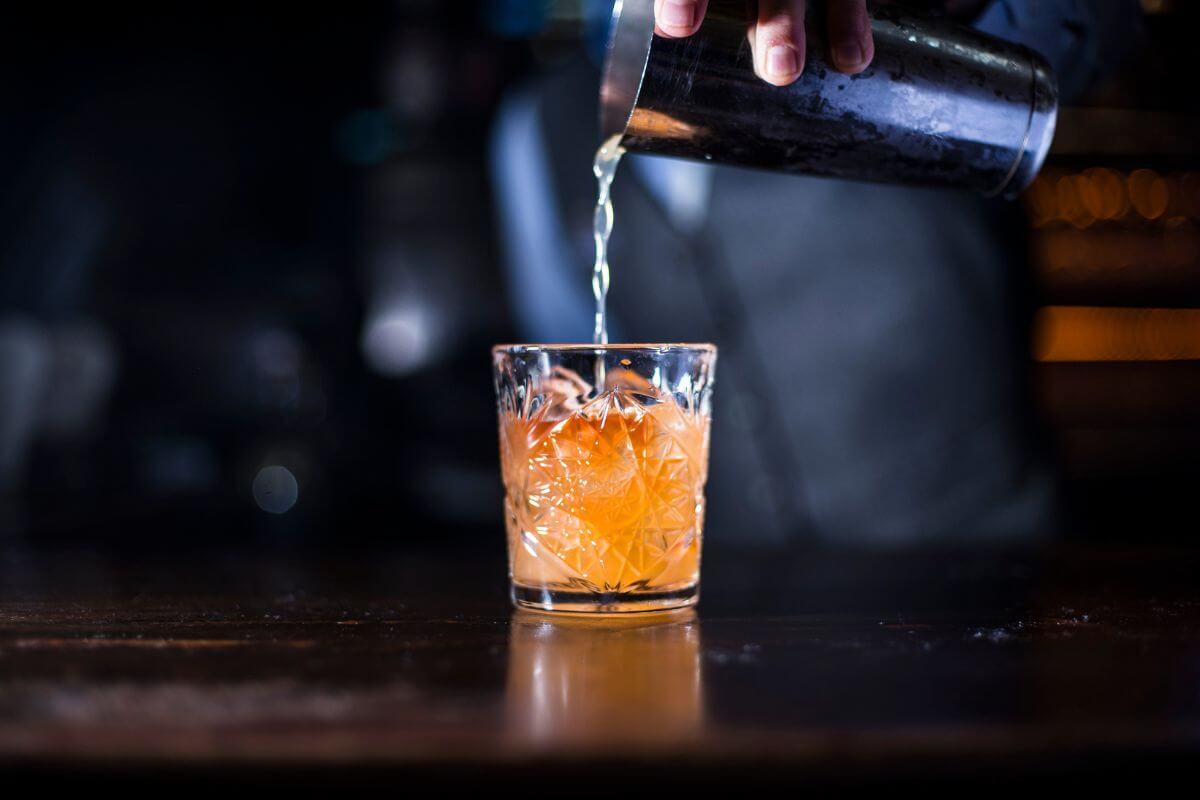
In order to ensure the proper distribution of alcoholic beverages, Montana’s rules and regulations that apply to the sale of alcohol.
It’s crucial to remember that Montana’s government controls all liquor businesses. There are some limitations that apply to the sale of alcohol at licensed retail businesses, including pubs, restaurants, and convenience stores.
Firstly, the types of alcohol that can be sold are varied, including beer, wine, and distilled spirits.
However, it’s crucial to comply with the legal drinking age limit, which in Montana is 21 years old.
Selling or providing alcohol to individuals under the age of 21 is strictly prohibited in Montana, and there are severe consequences for those who violate this law.
In terms of when alcohol can be sold, there are specific hours that establishments must adhere to.
By Montana law, licensed retail establishments must be closed between 2 a.m. and 8 a.m. each day.
However, it’s important to note that if a city or town has further restricted alcohol sale hours through local ordinances, the establishment must also comply with those additional restrictions.
During closed hours, only the alcoholic beverage licensee and employees are allowed on the licensed premises. Others are excluded to ensure the integrity of the law.
It’s worth mentioning that there are exceptions to the age restrictions for selling or receiving shipments of alcohol in a closed container.
Last but not least, service providers who offer or sell alcohol to those under the age of 21 may be held accountable.
The civil culpability for damages resulting from an underage person’s drunkenness is described in Montana Code Annotated § 16-6-305.
It’s crucial to abide by these rules and be conscious of the liability associated with selling alcoholic beverages.
It’s important to adhere to these regulations and be aware of the liability that comes with selling alcohol.
5. Alcohol and Boating in Montana

When it comes to boating in Montana, it’s imperative to be aware of the laws surrounding alcohol consumption.
Boating while intoxicated is strictly prohibited by Montana law, and for good reason.
Operating a motorboat, sailboat, water skis, or even a surfboard while inebriated or high is illegal and dangerous. It is also illegal to engage in any water activity.
Alcohol’s physiological effects can compromise a number of bodily processes necessary for safe boating.
Alcohol consumption can lead to issues with balance, eyesight, coordination, judgment, and reaction speed.
These impairments significantly increase the risk of boating accidents and endanger the safety of both the boater and others on the water.
Law enforcement personnel are alert and on the lookout for any indications of intoxicated boating in order to reduce such risks. They are taught to recognize indicators of intoxication such as evidence of slurred speech, slurred judgment, and other impairments.
Boaters in Montana need to be aware that operating any water device while under the influence is not only perilous but also a misdemeanor offense.
Prioritizing safety and making responsible decisions will not only protect you and those around you but will also help to create a positive and enjoyable boating environment for everyone to enjoy.
Operating a boat under the influence is not among Montana’s unique regulations, though you may also want to educate yourself about these if you plan to visit the state.
Montana Alcohol Laws Final Thoughts
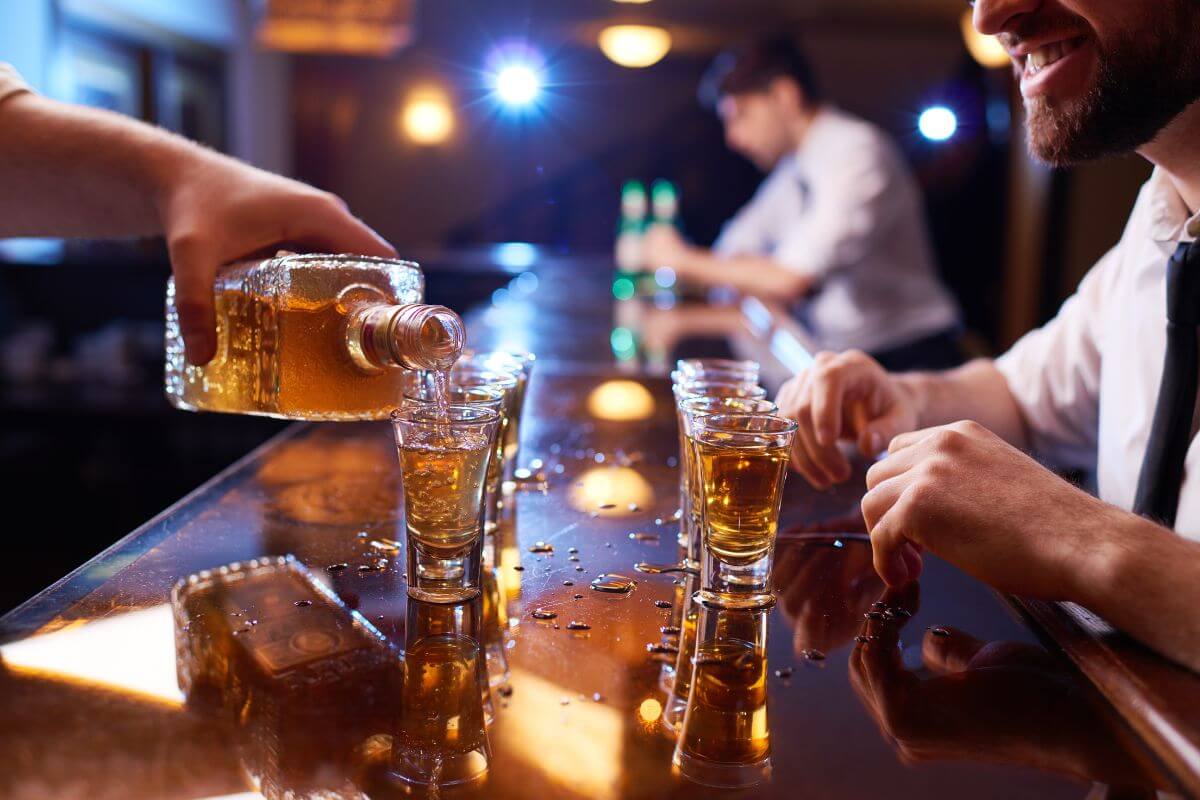
In conclusion, understanding Montana’s alcohol laws is crucial for anyone looking to legally consume, sell, or purchase alcohol in the state.
It is important to note that drinking alcohol can impair physical and mental abilities, and boating under the influence is not only risky but also a misdemeanor offense.
When it comes to minors, Montana strictly prohibits providing alcohol to individuals under the legal drinking age.
Selling alcohol to minors can result in criminal penalties, including fines, jail time, and even community service.
Additionally, it is unlawful for minors to possess alcohol.
It is crucial to be informed of the obligations and liabilities involved if you decide to sell alcohol in Montana.
For the community’s safety as well as that of customers who are intoxicated, it is essential to prevent alcohol from being sold or provided to them. Civil liability and potential damages are consequences of violations.
Overall, Montana’s alcohol rules aim to promote responsible consumption, protect minors, and reduce the risks associated with alcohol abuse.
People can make educated judgments and support a safer and healthier drinking culture in the state by being aware of and complying with these regulations.
Montana Alcohol Laws FAQs
1. Can You Drink at 18 in Montana With Parents?
In Montana, it is legal for parents, guardians, and of-age spouses to provide alcohol to related minors in the comfort of their own private residence.
With the help of their dependable family members, this exemption enables young individuals to learn about alcohol in moderation in a responsible and supervised atmosphere.
It’s crucial to remember that this exception only holds true inside a private location, though. Any other circumstance can result in legal repercussions.
2. Is Montana a Dry State?
No, Montana is not considered a dry state.
While there are certain limitations and regulations surrounding the sale and consumption of alcohol, state legislation does not outright prohibit it.
3. Are Open Containers Legal in Montana?
It is strictly illegal to have an open container of alcohol in a vehicle on highways or public roads in the state of Montana.
Under Montana’s zero-tolerance policy, anyone under the legal drinking age is subject to severe penalties if caught with an open container in a vehicle.
The consequences can include fines of up to $100 and the potential loss of driving privileges.
4. When Did Drinking Age Change to 21 in Montana?
It was back in 1987 when Montana decided to raise its drinking age to 21 years old.
That’s right, the minimum legal drinking age (MLDA) was set at 21, and it has remained that way ever since.
5. Can You Drink Anywhere in the U.S. Under 21?
While the majority of states have a minimum drinking age of 21, there are a few exceptions, such as Alabama, Arkansas, Idaho, New Hampshire, and West Virginia, along with the District of Columbia, that permit underage consumption under specific conditions.
These conditions may include parental presence, religious or medical reasons, or educational tastings.
Explore Montana further by giving these other articles a read:
- Community vs Separate Property in Montana
- Understanding Montana Carry Laws
- Firearms Policy in Montana
- Knife Restrictions in Montana
- Rules on Open Containers in Montana
- https://leg.mt.gov/content/Committees/Interim/2021-2022/Economic%20Affairs/Meetings/September%202021/2021-ABCD-Legislative-Training-Manual-for-EAIC.pdf
- https://www.montana.edu/reports/2018/section-21.html
- https://leg.mt.gov/bills/mca/title_0160/chapter_0060/part_0030/section_0050/0160-0060-0030-0050.html

How much alcohol can I bring into Montana from Canada?
Hi Trevor! You can bring in 1 liter of alcohol duty-free into Montana per person. That’s about 24 cans or bottles of beer. Anything over that, you’ll need to pay taxes or duties on. If you’re flying into Montana, you can check out the duty-free store there and they’ll know if any regulations have changed too.